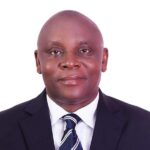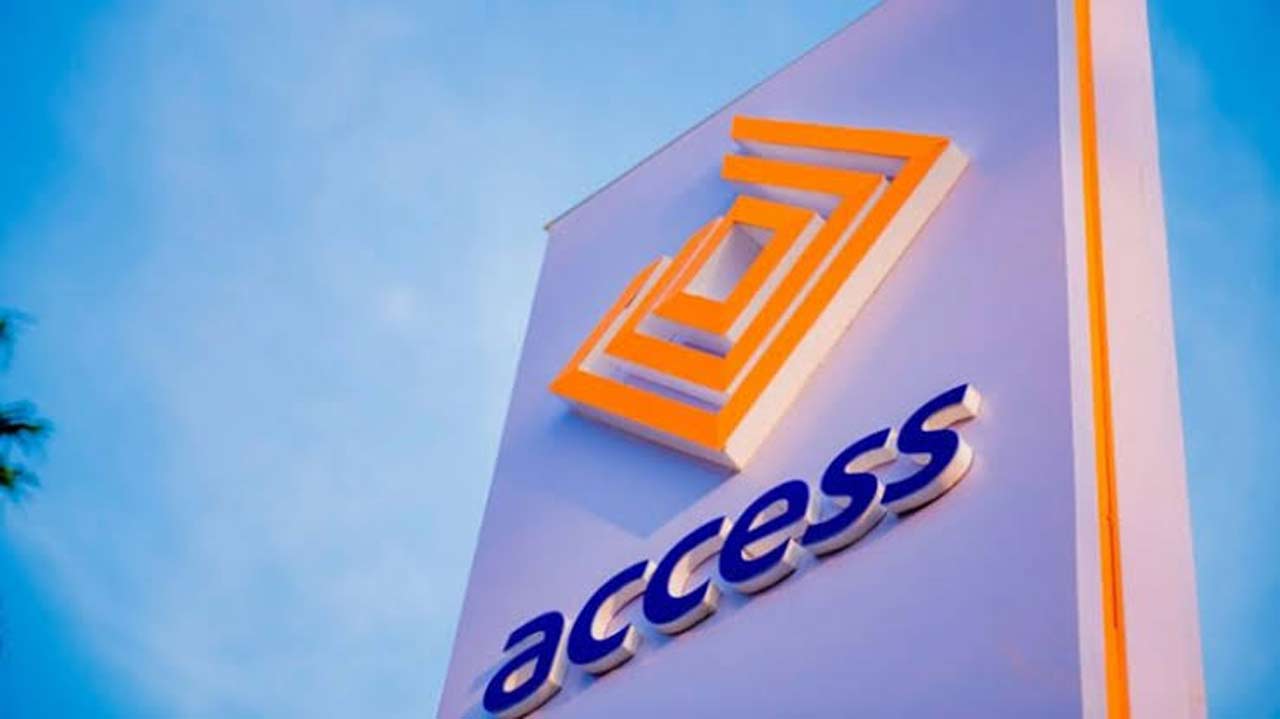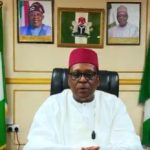At a public function in Lagos two weeks ago, Chairman of the Presidential Committee on Fiscal Policy and Tax Reforms, Taiwo Oyedele, gave startling revelations on the weaknesses and inadequacies of our tax system and came up with a damning verdict that it is riddled with corruption and stymied by smuggling and unnecessary waivers.
They are some of the reasons our tax revenues are lower than what many smaller African countries earn. He explained why Nigerians are unwilling to pay tax, which signifies a breakdown of the social contract between the state and the citizens and the urgent need for a new order. To drive home his point, he gave many empirical examples. In a recent visit to Kenya, he met a hotel porter who earns 50,000 Kenyan shillings (equivalent of N650,000 per month) and pays 16,000 shillings (N208,000) tax, which is 30% of his salary. In 2004 – twenty years ago – one Kenyan shilling was exchanged for N1, but today, one Kenyan Shilling goes for N13. Oyedele points out that in many African countries, citizens pay higher rates of tax than Nigerians and obtain better quality of service from the government. He also noted that the Naira is been extremely undervalued.
Join our WhatsApp ChannelREAD ALSO: Food, Health, Education, Others Excluded From Proposed VAT Increase – Oyedele
Oyedele gave a presentation at the 2024 Access Corporate Forum held on September 19 in Lagos. It is a yearly event, organised by Access Holdings as a platform for a national discourse between the government and business. To further illustrate his point, he said that Nigeria collected a paltry N1.5 trillion in personal income tax in 2023, far less than the equivalent of N50.5 trillion collected by South Africa and N5.8 trillion collected by Kenya. Both countries have far less populations than Nigeria. Similarly, Nigeria collected N3.2 trillion in customs duties last year, far less than Kenya’s N8.9 trillion collected within the same period. Yet, the value of imports into Nigeria within the same period was $66 billion and $23 billion for Kenya. In Kenya, a worker that earns less than equivalent of N223,000 per month does not pay personal income tax; and same exemption applies for workers who earn less than N600,000 per month in South Africa. Compare that to Nigeria where the exemption applies to only those who earn less than N30,000 per month. In other words, more people pay personal income tax in Nigeria than in South Africa and Kenya, yet the tax revenue is far less in this country than in those two countries. He attributes this to corruption and leakages in the implementation and management of our fiscal policies.
READ ALSO: Kenya Anti-tax Protest: President Ruto Withdraws Controversial Bill Amid Deaths
Comparing our budget with Kenya’s budget also threw up some curious facts. Last year, the federal government budgeted N35 trillion while the 36 states and FCT budgeted N16 trillion, giving a total equivalent of $31 billion. For a country of 200 million people, this is a miserable amount. This is about the same size as Kenya’s budget (the country has 54 million people) and less than 25% of South Africa’s budget of $161 billion. Clearly, Nigeria is a very poor country. Oyedele also noted that in a recent study, it was established that most Nigerians do not want to pay taxes because they do not have confidence in the capacity of the government to judiciously use their resources to provide the needed services. In other words, there is lack of trust in the government.
READ ALSO: Nigerian Government Exempts VAT On Diesel, LNG, CNG, Electric Vehicles To Lower Energy Costs
Underlying these contradictions in the tax system and lack of trust in government is the absence of social contract between the government and the people. A social contract implies that the citizens are expected to pay taxes to the government, and in return, they expect high-quality public services and good policies that are executed properly from the government. An expert in the field of social contract, Dr. Andrew Nevin, has also written in a book “Public Policy and Agents Interests’’ that social contract has broken down in Nigeria and needs to be replaced since such a system is not sustainable for many reasons. Nigeria’s politicians and civil servants, he writes, “have only known a system where acting as a good agent is unknown, and so the processes and behaviours required to be good agents are still unknown.’’
The stimulating discussions at the Access Corporate Forum highlighted the challenges that lie ahead in weaning the country from years of reliance on extractive industry. The reality is that Nigeria’s rent-seeking and extractive system has conditioned generations of Nigeria’s civil servants and politicians for decades to put their personal interests above the interest of the people.
Roosevelt Ogbonna, a director of Access Holdings (he’s also the CEO of Access Bank), said the objective of the forum is to deepen the dialogue between the public and private sectors. It’s the second time in a year the forum was holding, indicating the institution’s determination to keep its corporate customers, in particular and Nigerian businesses in general, informed about public sector policies, initiatives and actions. “Access is a partner with our governments,’’ Ogbonna said in his opening remarks, noting that the bank has recently raised $2 billion from diaspora bond for a government.
READ ALSO: My Takeaways From Access Holdings AGM
The Tinubu administration has been trying to reset the economy and position it on a growth trajectory to achieve $1 trillion in size by 2031, up from about $400 billion as at today. It’s a herculean climb. But Finance Minister & Coordinating Minister of the Economy, Mr. Wale Edun, is optimistic. ‘’The economy is beginning to turn the corner’’, he said in his keynote speech at the forum, stressing that the administration wants to protect the weak and the vulnerable from the pains of the reforms. He listed the modest gains recorded in the last 15 months to include stability in the FX market; increased government revenues; growth in GDP (from 2.5% to 3.2%) and growth in foreign reserves ($2.5 billion every month). Last month, the government assembled a committee to implement its economic plan known as Accelerated Stabilization and Advancement Plan (ASAP). The plan aims to drive growth across eight priority sectors. The mention of growth prompted Aliko Dangote, who had been listening almost unnoticed, to chip in a few words. He said the government must promote local investors to achieve economic progress by cutting regulations, red tapes and abuses in the system. He should know.
Another paper, titled 2026 Economic Outlook, was presented by Bismack Rewane, and its focus was to look ahead at key parameters in the next 24 months. Rewane projects that in 2026, the United States’ GDP will hit $36 trillion (about $29 trillion this year); Nigeria’s GDP will hit $400 billion (slightly lower this year) and India will become the world’s sixth largest economy. Nigeria’s unencumbered foreign reserves will double; market capitalization will hit N110 trillion and inflation will moderate below 25%, down from 32%. He listed the key growth areas as telecoms; agriculture; oil and gas and financial services. Rewane called for the government to sell of the nation’s stranded assets worth billions of Naira and lying waste and redundant.
Access Corporate Forum (ACF) is the latest addition to similar dialogue sessions such as the World Economic Forum which holds every January in Davos, Switzerland and the Nigeria Economic Summit Group which holds in Abuja every October. ACF should devote its next session to the issue of corruption, incompetence and decadence in our polity.

Etim Etim
ETIM ETIM is a journalist, banker and author. He has been a member of the Editorial Board of The Guardian, a Regional Manager in Access Bank and is currently a Columnist in Prime Business Africa, The Cable and Businessday newspapers.
He is also the Chief Executive of Stein Meyer Communications, a major media consultancy and the author of the best-selling book, "Akwa Ibom Heroes: Inside Story of the Fight for Abrogation of Onshore-Offshore Oil Dichotomy" and co-author of another book, "Osinbajo Strides: Defining Moments of an Innovative Leader".


















Follow Us